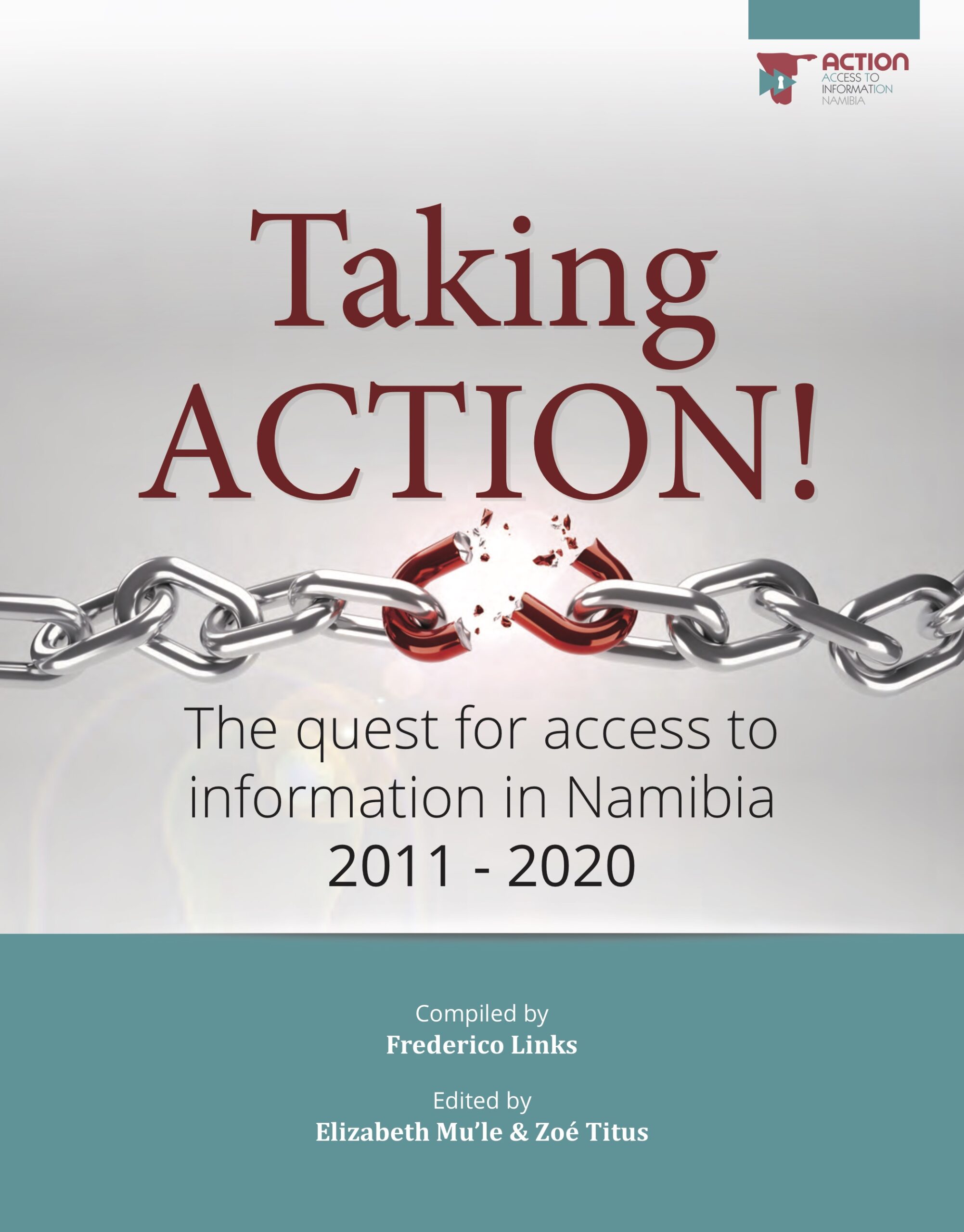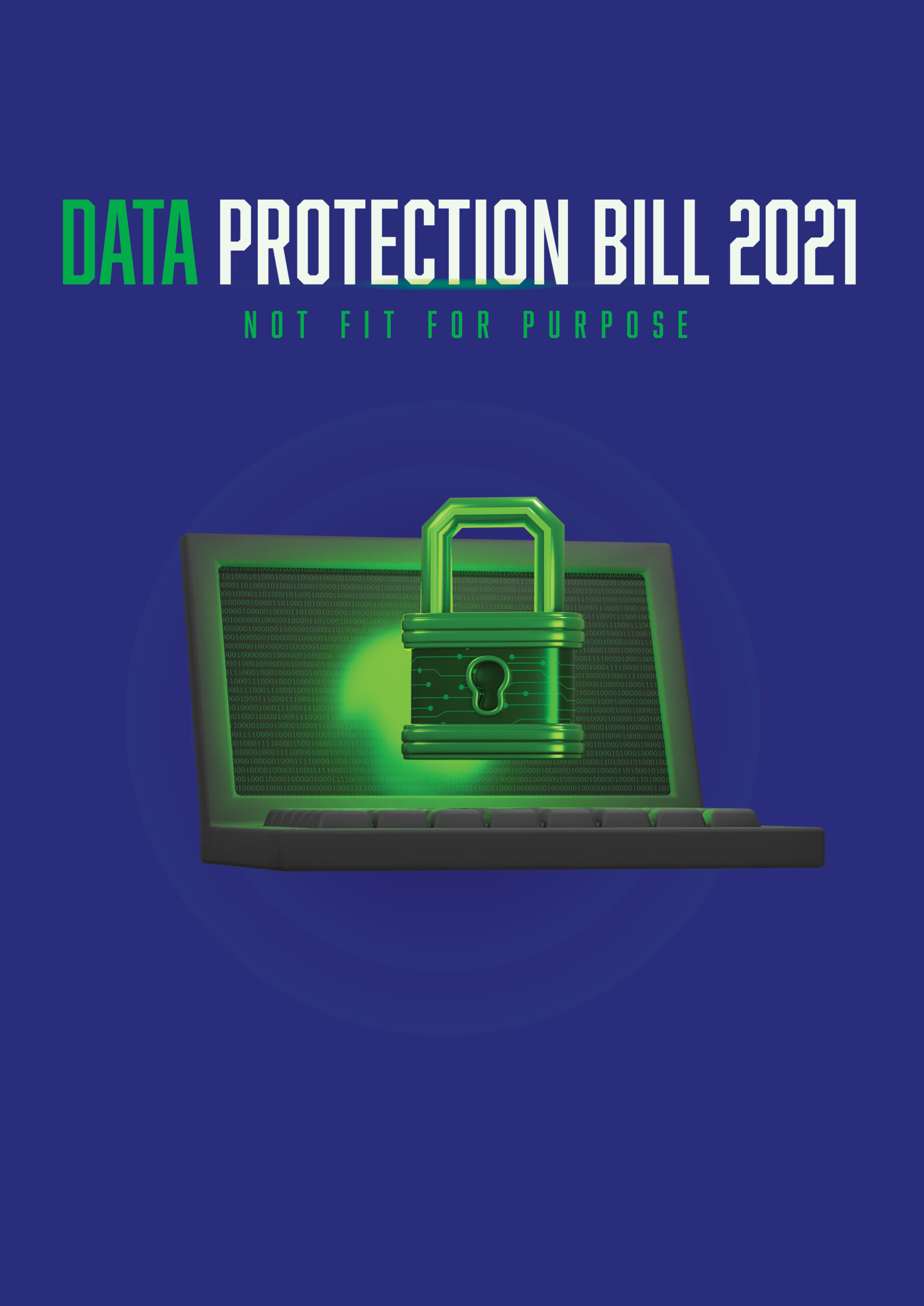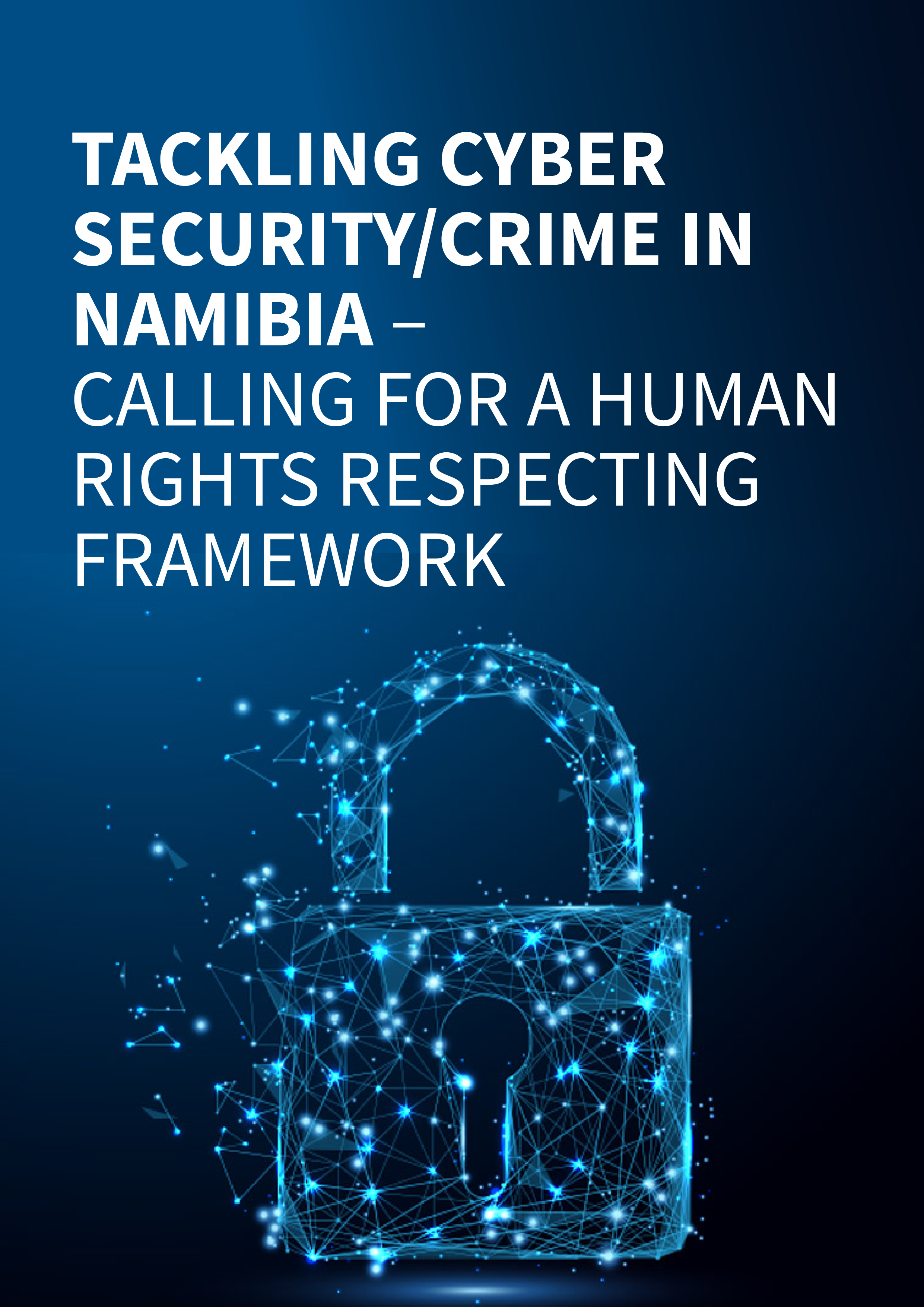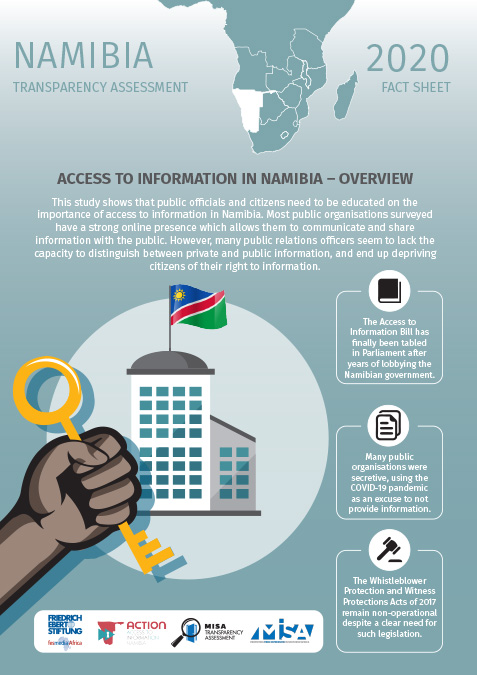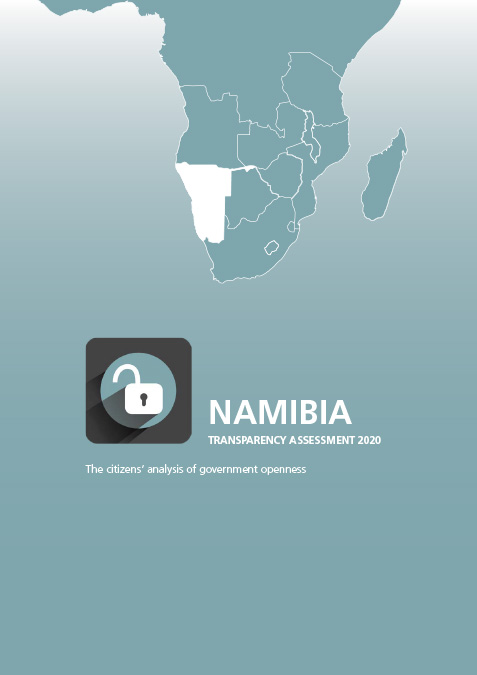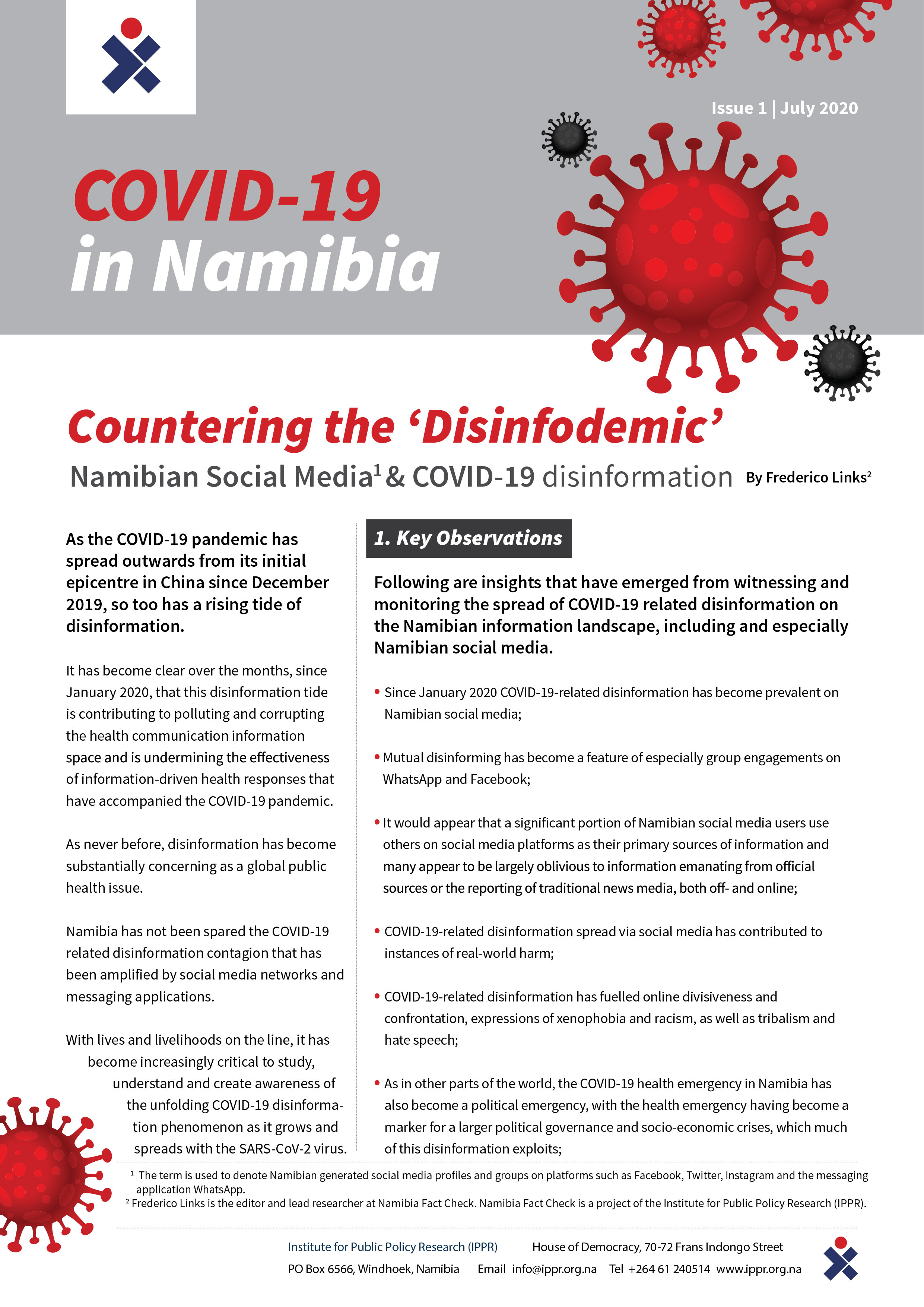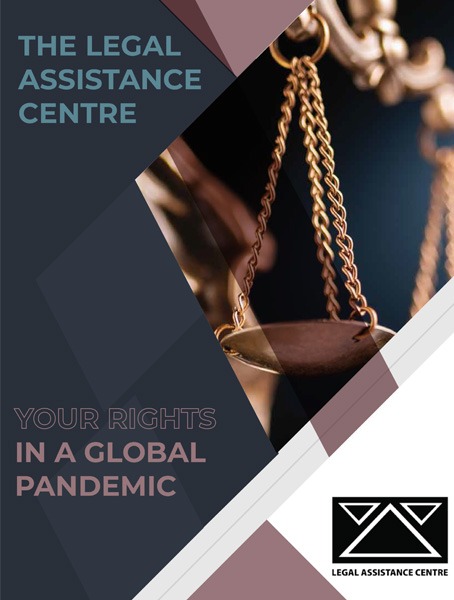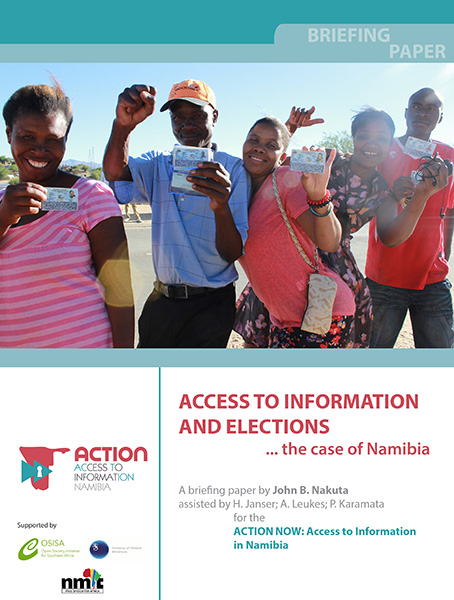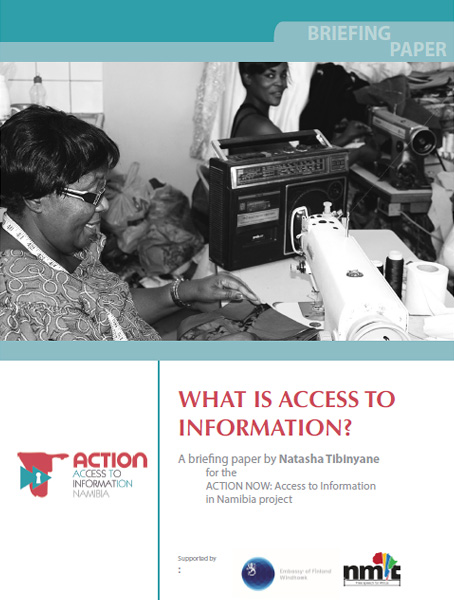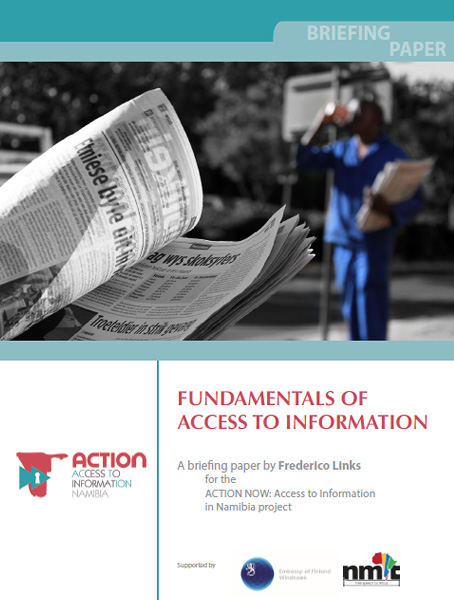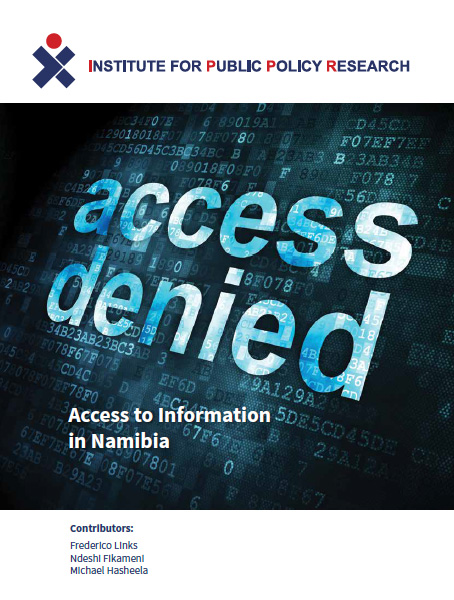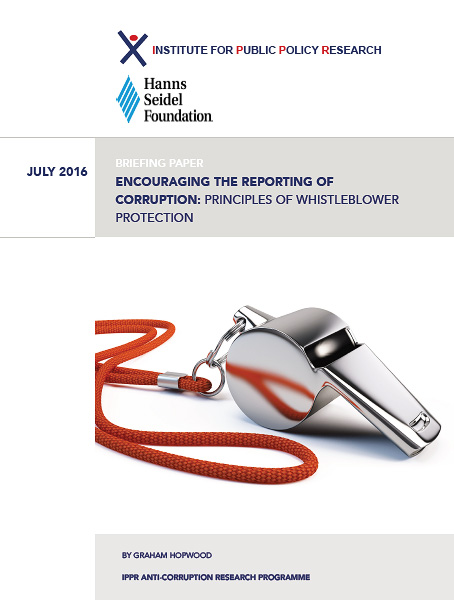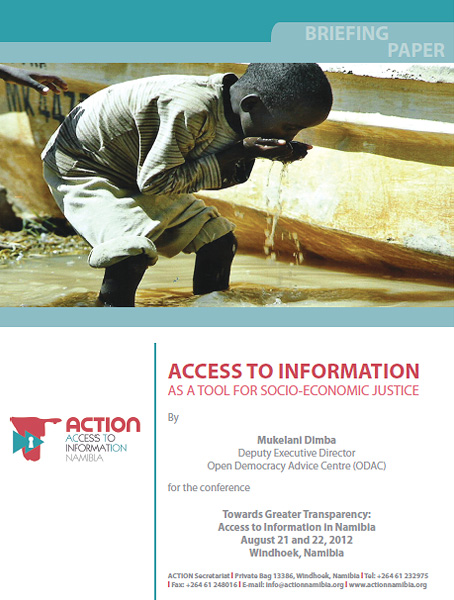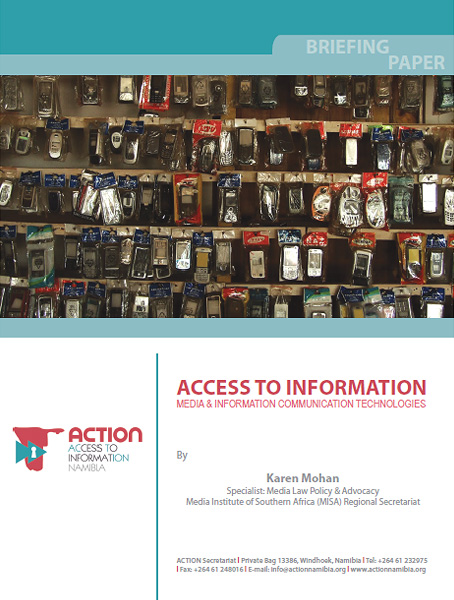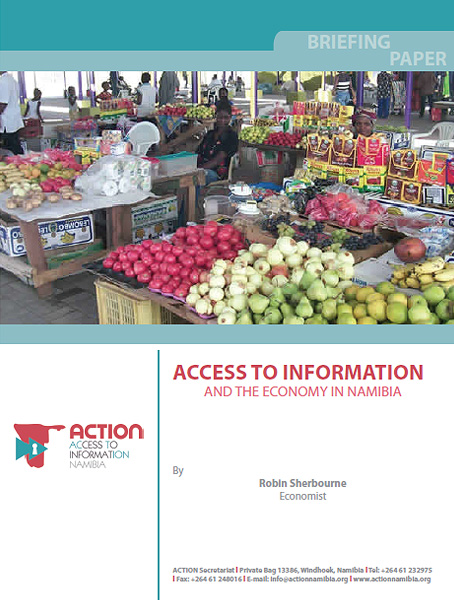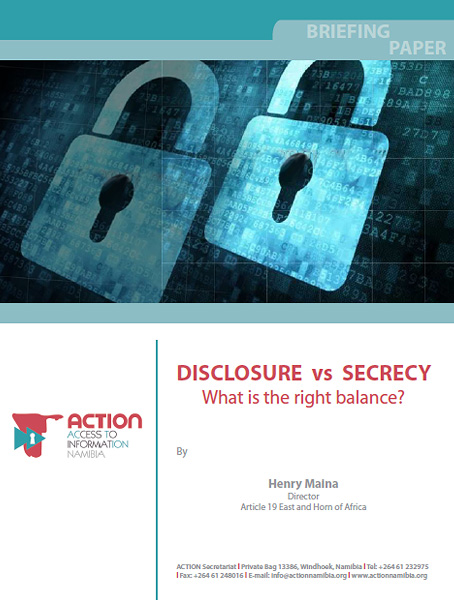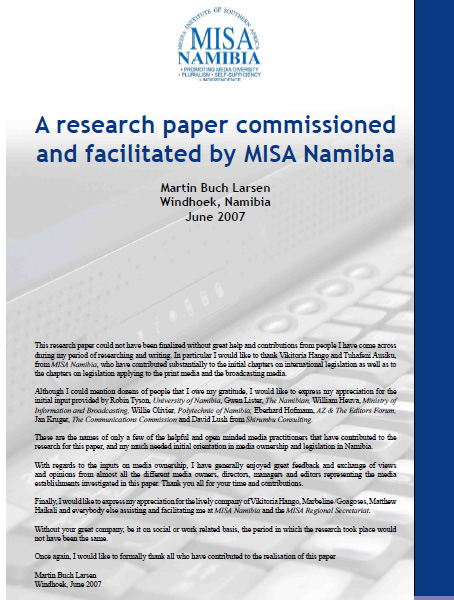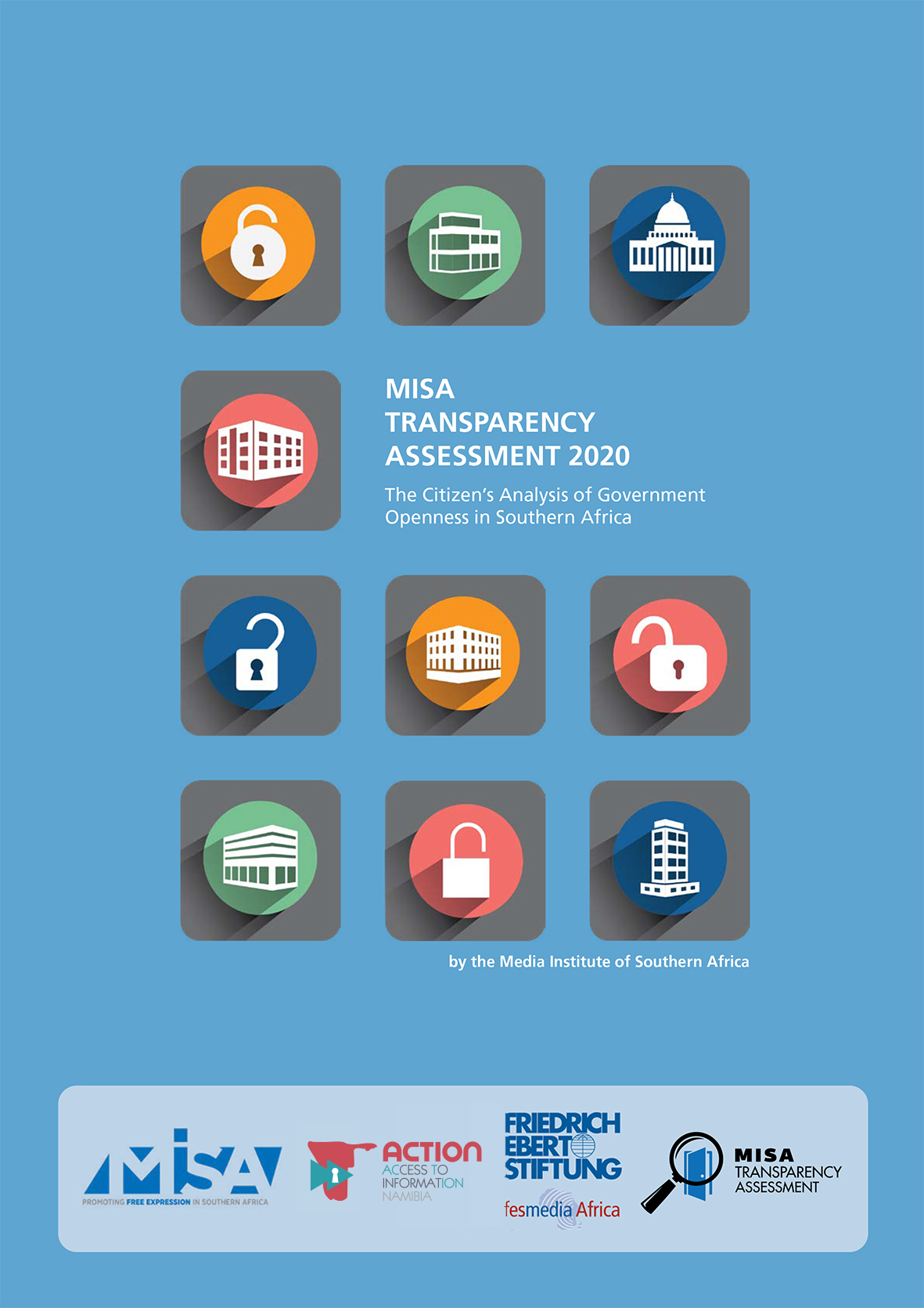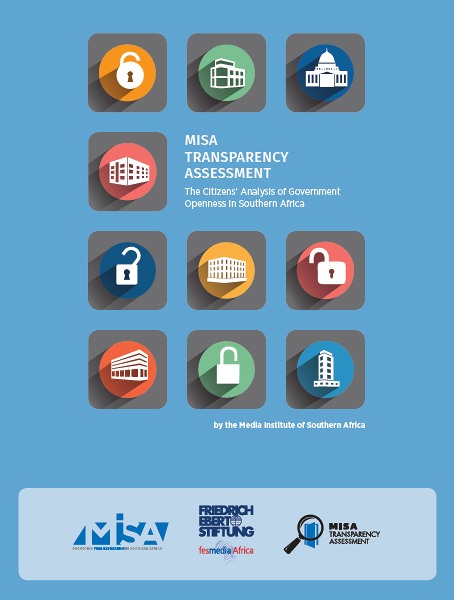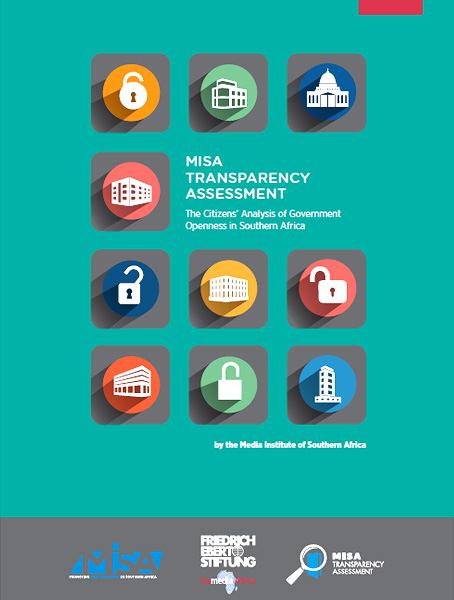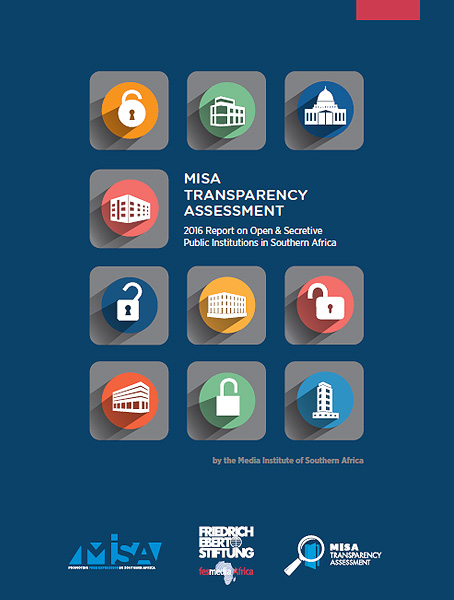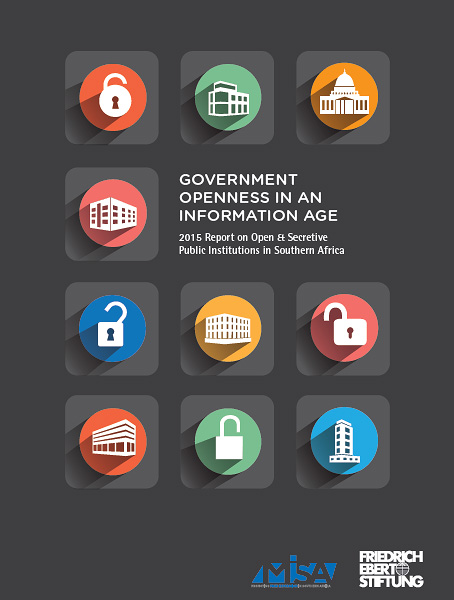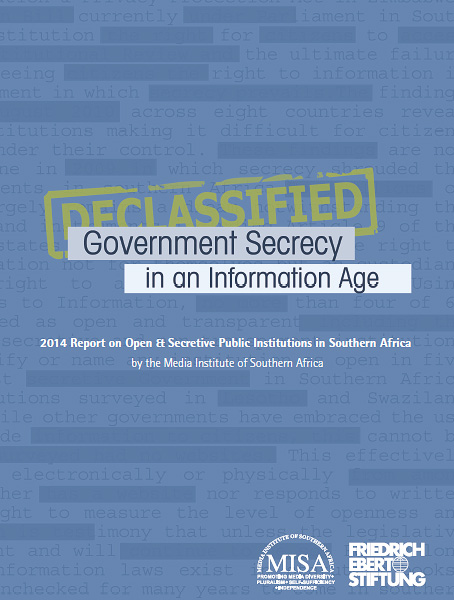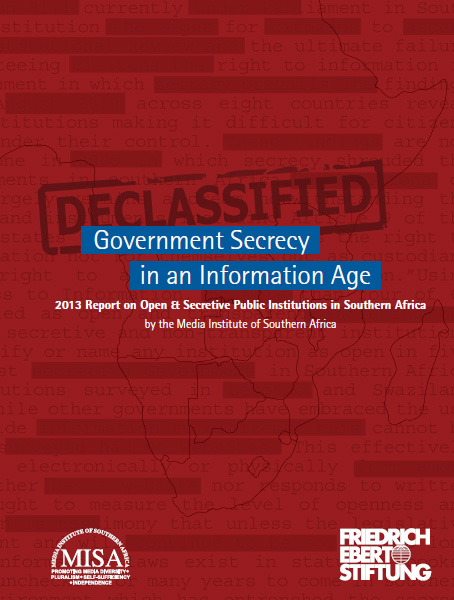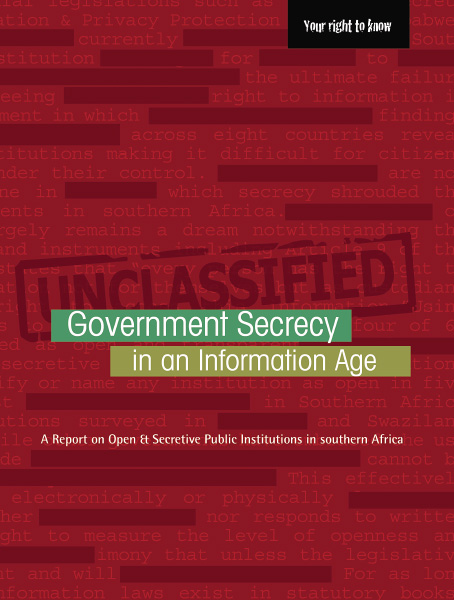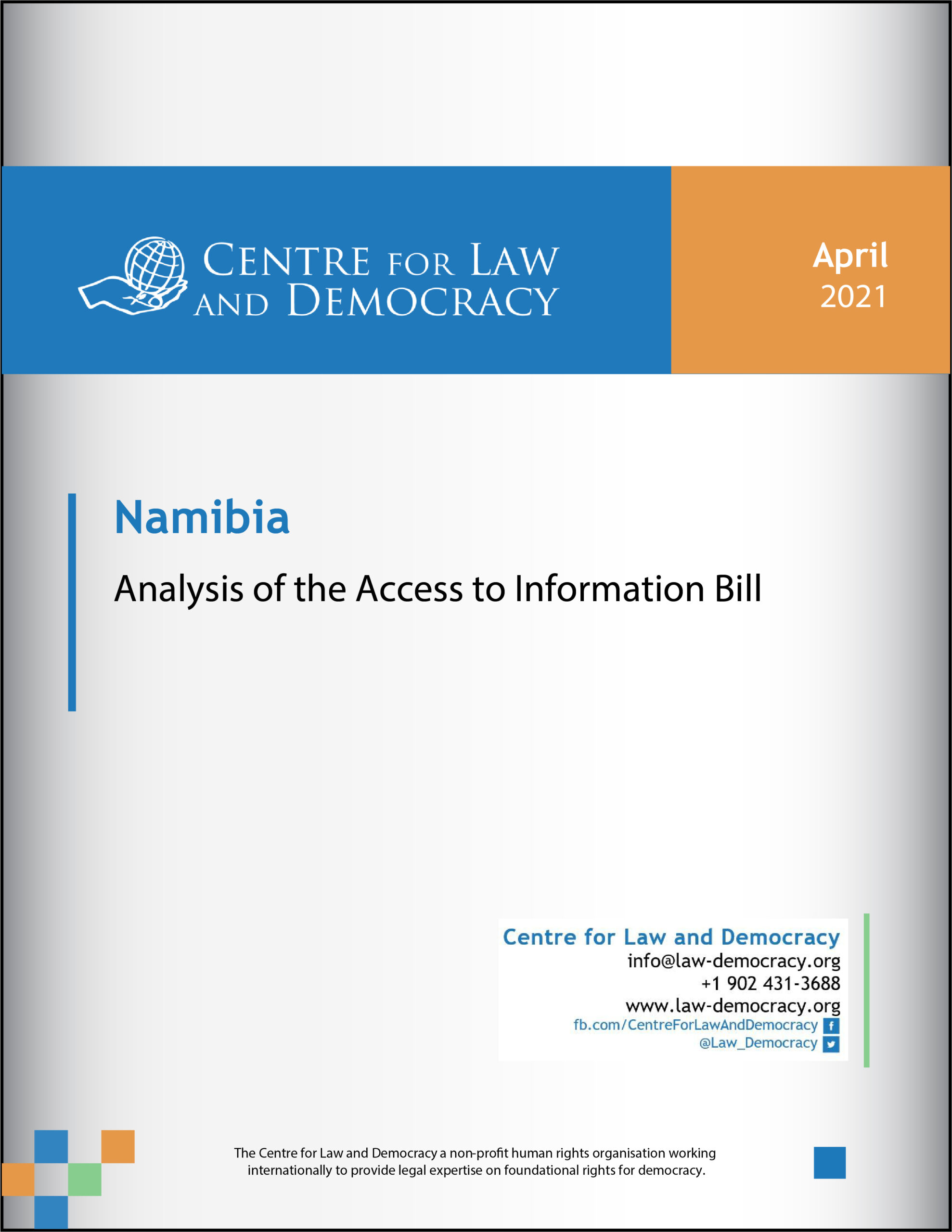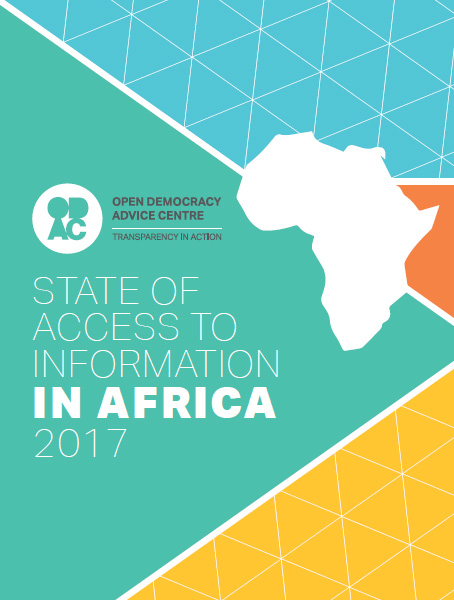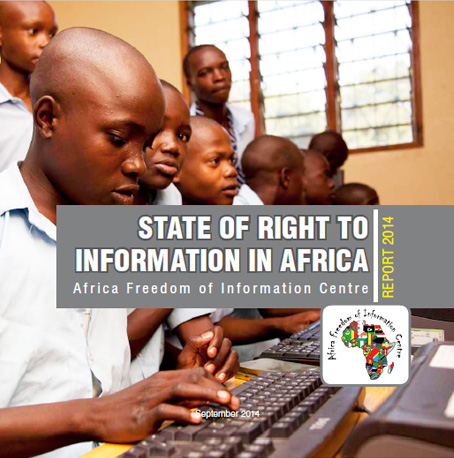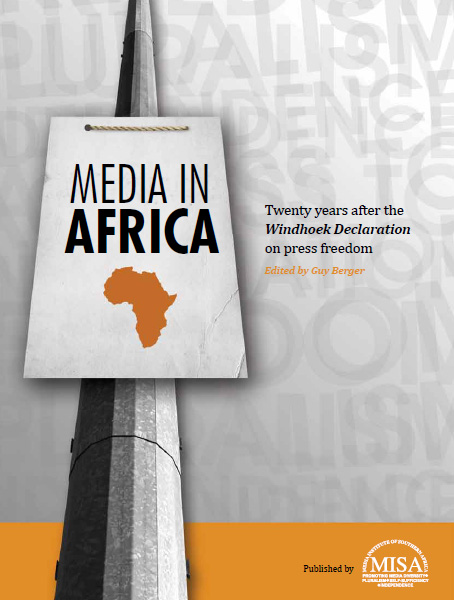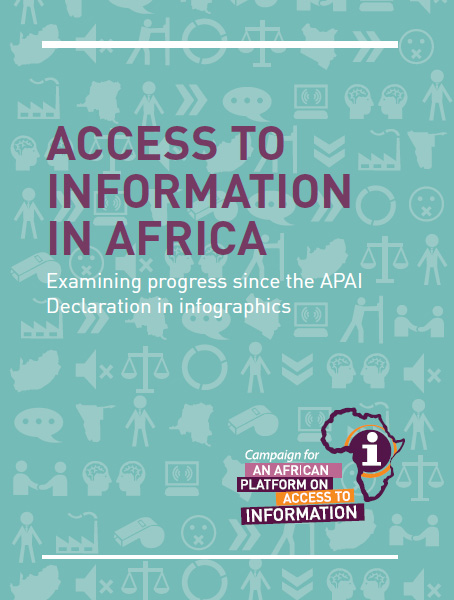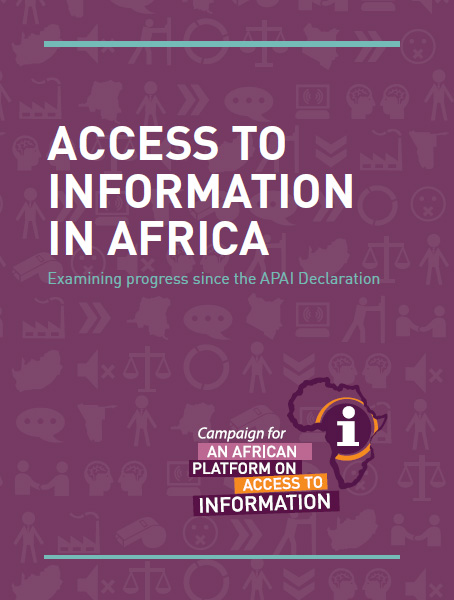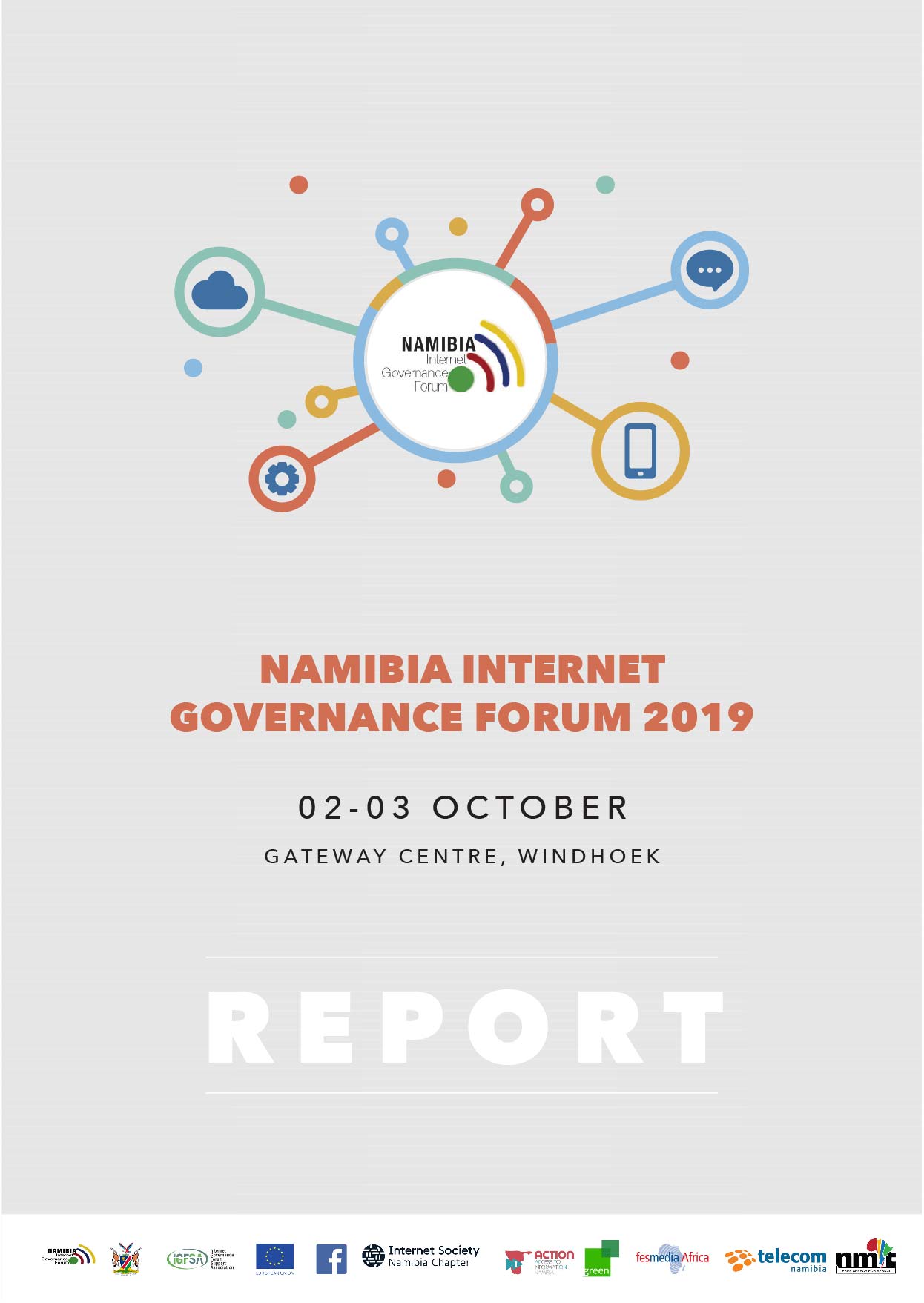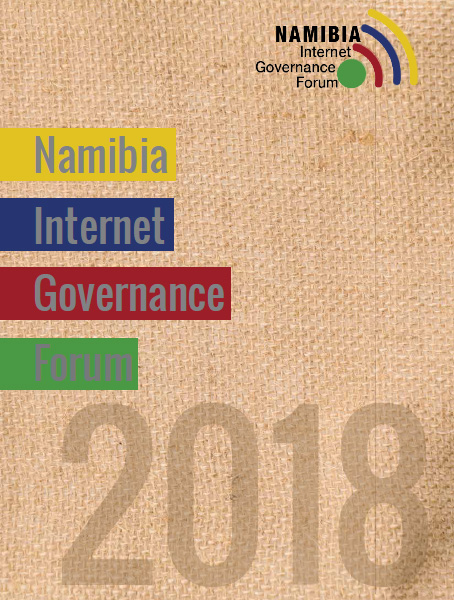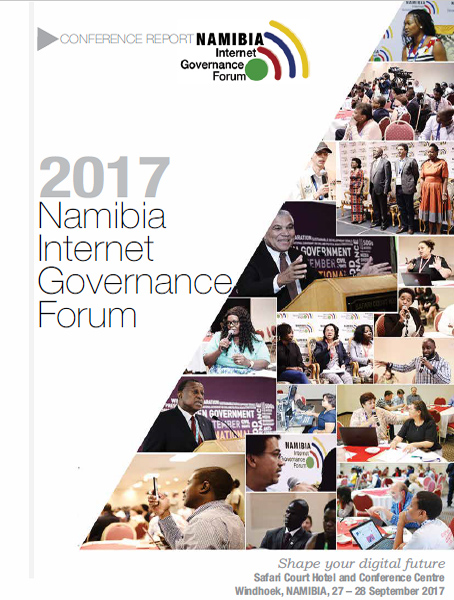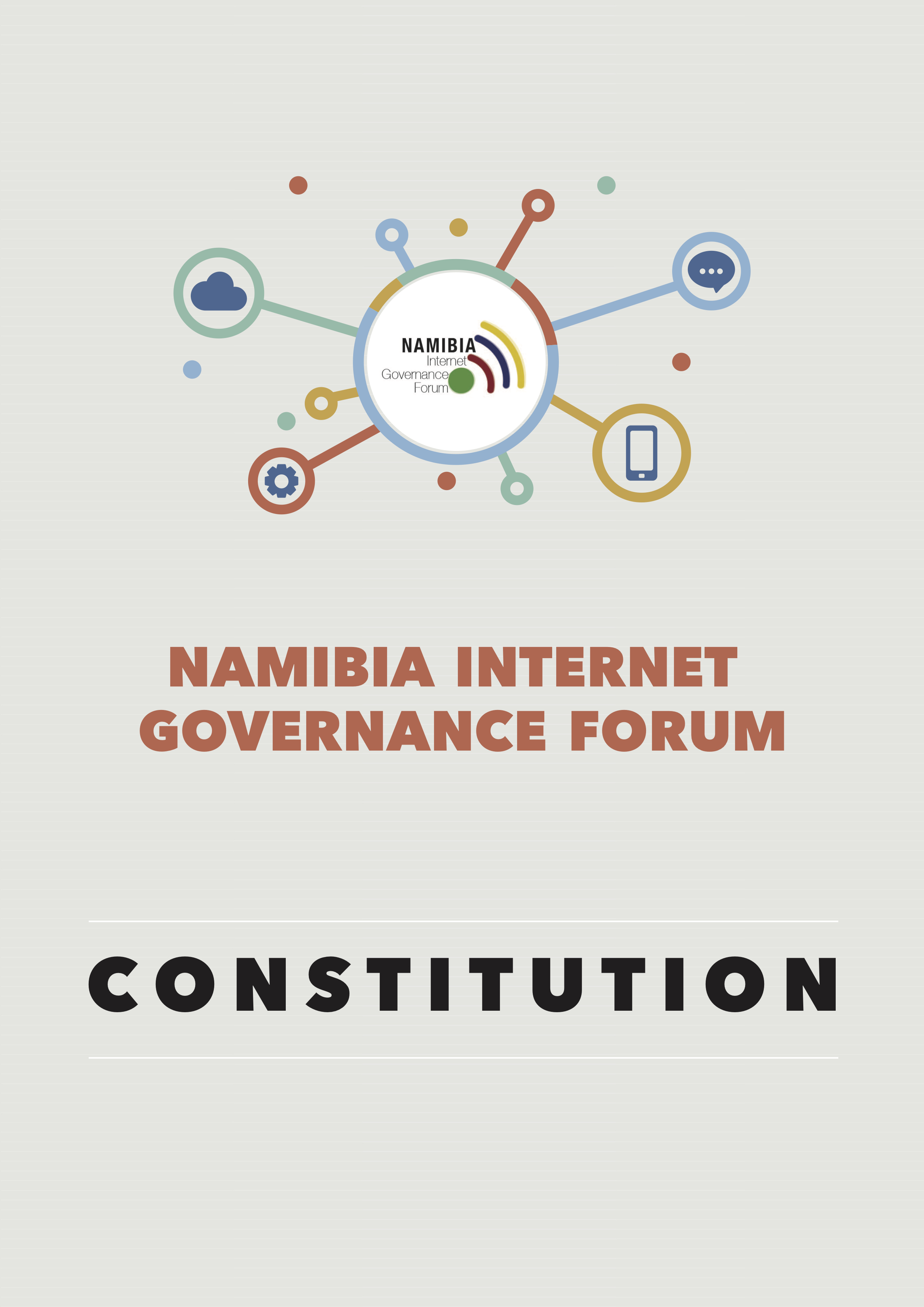Namibia
THE ACTION STORY …
The ACTION Namibia Coalition is synonymous with the national campaign for a legal framework that supports the right to access to information (ATI) in Namibia. We look back on nine years (2011 – 2020) of campaigning for an ATI law; the milestones, challenges and the way forward.
2021 Data Protection Bill ‘not fit for purpose’ – IPPR
ACTION Namibia Coalition member, the Institute for Public Policy Research (IPPR), argues that the draft Data Protection Bill 2021 requires further development to ensure that it meets the requirements of a contemporary data protection framework.
ACTION Namibia Coalition member, the Institute for Public Policy Research (IPPR), argues that the draft Data Protection Bill 2021 requires further development to ensure that it meets the requirements of a contemporary data protection framework. The IPPR proposes that the sections on the independence of the Supervisory Authority need to be reconsidered and substantially redrafted, and sections concerning offences, penalties, and administrative penalties need to be developed. In its present form, the IPPR claims that the Bill is not fit for purpose.
TACKLING CYBER SECURITY/CRIME IN NAMIBIA
ACTION Coalition member, the Institute of Public Policy Research (IPPR), assesses the potential threat to cyber security and prevalence of cybercrime in Namibia, and recommends that any cybercrime/security law and institutional framework be the product of an extensive and meaningful cooperative multi-stakeholder consultative process and that the eventual framework make provision for some level of multi-stakeholder oversight involvement.
IN BRIEF: Namibia 2020 Transparency Report
This study shows that public officials and citizens need to be educated on the
importance of access to information in Namibia. Most public organisations surveyed have a strong online presence which allows them to communicate and share information with the public. However, many public relations officers seem to lack the capacity to distinguish between private and public information, and end up depriving citizens of their right to information.
FULL REPORT: Namibia 2020 Transparency Report
The study assesses whether public institutions proactively make relevant information available via
an online presence in the form of a website or social media accounts. It further evaluates to what degree
information is made available to citizens upon request.
COUNTERING THE ‘DISINFODEMIC’
Namibian Social Media1 & COVID-19 disinformation
ACTION Coalition member IPPR’s report shares insights that have emerged from witnessing and monitoring the spread of COVID-19 related disinformation on the Namibian information landscape, including and especially Namibian social media.
YOUR RIGHTS IN A GLOBAL PANDEMIC
This publication was produced by the Legal Assistance Centre, a member of the ACTION Coalition Namibia, to inform citizens about their rights during a state of emergency which the Namibian declared in response to the global Covid-19 pandemic. It also seeks to answer questions that citizens may have about the special regulations imposed during the lockdown periods, ranging from issues such as Gender-Based Violence, access to justice, essential services, the role of security forces and the labour law.
ACCESS TO INFORMATION AND ELECTIONS… the case of Namibia
This paper embraces a rights-sensitive approach to the holding and disclosure of election related information. It specifically enquires into the extent to which relevant electoral stakeholders proactively disclose election related information to the electorate and the media.
WHAT IS ACCESS TO INFORMATION?
Access to information (ATI) is regarded as a crucial ingredient for a society that upholds democracy and good governance. Like other democracies, Namibia is nudged towards adopting a legal and policy framework that guarantees ATI as a fundamental human right.
THE FUNDAMENTALS OF ACCESS TO INFORMATION (IN NAMIBIA)
As far as access to information goes, Namibia’s international, continental, regional and national obligations are quite extensive.
This body of obligations places immense pressure on the country to come up with, and implement an ATI legal framework that speaks to all its commitments within the international and regional treaty and agreements sphere.
When considering these obligations, it is important to remember that Namibia is a monist state and that monism is constitutionally enshrined. This has significant implications for how the Namibian state conducts itself with regard to international treaties and agreements.
ACCESS DENIED: ACCESS TO INFORMATION IN NAMIBIA, 2017
Access to Information is a key component of well-functioning democracies: citizens need to be well-informed about what is happening in government. Namibia has signed on to a variety of regional and international agreements that commit us to implementing access to information regimes, and yet little concrete has come of this commitment. For this report, IPPR researchers contacted 105 organisations ranging from government ministries to public enterprises, private companies, and civil society organisations. While there were some responses, the overall picture is grim: 80% of all bodies contacted either did not respond or said they could not provide the information. Disconcertingly, almost 60% simply did not respond at all – pointing towards a general attitude that prioritises secrecy over transparency across Namibia, be it in government or in the private sector.
ENCOURAGING THE REPORTING OF CORRUPTION: PRINCIPLES OF WHISTLEBLOWER PROTECTION
Whistleblower protection is increasingly recognised as being a vital element in the promotion of public accountability and integrity. Whistleblowers play a crucial role in uncovering mismanagement, fraud and corruption. Their actions can result in the detection of serious crime and misconduct, the recovery of stolen resources, and the prevention of serious harm including the saving of lives.
ACCESS TO INFORMATION – AS A TOOL FOR SOCIO-ECONOMIC JUSTICE
It has been asserted that the 21st century will be, or is, the African century. This assertion is supported to some extent by economic growth figures that show Africa is enjoying some of the highest levels of economic growth in the world.
ACCESS TO INFORMATION – MEDIA & INFORMATION COMMUNICATION TECHNOLOGIES
We are living in an information society, where the distribution of information rather than the distribution of goods has become increasingly important. Information and the means by which it is distributed and consumed have become increasingly important to the democratic process.
ACCESS TO INFORMATION – AND THE ECONOMY IN NAMIBIA
‘Over the years Namibia has made improvements in the production of the macroeconomic accounts … questions of accuracy, credibility and timeliness still exist.’
DISCLOSURE vs SECRECY – What is the right balance?
A large international community of right to information proponents, academics and transparency advocates hold the view that information transforms and therefore it must be disclosed.1 As such, disclosure of government information makes a difference in a number of ways.
A research paper commissioned and facilitated by MISA Namibia
The media environment in Namibia continues to grow and develop with time. Many positive and depressing events have taken place within the Namibian media environment since independence in 1990 – luckily more positive than negative. New media laws have been drafted, old ones amended or repealed while new documents have been implemented with the aim of sustaining and promoting a diverse and strong media landscape in the country.
MISA Reports on Government Secrecy/Transparency
MISA Transparency Assessment
This is the 11th Transparency Assessment Report of MISA, which examines the openness and transparency of public organisations in southern Africa. This report was compiled in collaboration of eight MISA Chapters and the Namibia Media Trust and ACTION Namibia Coalition.
MISA Transparency Assessment
This is the 10th Transparency Assessment Report of the Media Institute of Southern Africa (MISA), which examines the openness and transparency of public institutions in southern Africa.
MISA Transparency Assessment
The Citizens’ Analysis of Government Openness in Southern Africa
This is the ninth MISA Transparency Assessment which analyses the ease or difficulty with which the public can access relevant information held by government and public institutions. The study assesses whether institutions make information proactively available via an online presence and provide helpful information upon request.
In 2017, research was carried out by eight MISA Chapters in partnership with local researches, in Botswana, Malawi, Mozambique, Namibia, Swaziland, Tanzania, Zambia and Zimbabwe.
MISA Transparency Assessment
2016 Report on Open & Secretive Public Institutions in Southern Africa
This is MISA’s eighth instalment of its Transparency Assessment, formerly known as the Golden Padlock report. The report analyses the ease or difficulty with which the public can access relevant information held by government and public institutions. The study assesses whether institutions make information proactively available via an online presence and provide helpful information upon request.
GOVERNMENT OPENNESS IN AN INFORMATION AGE
2015 Report on Open & Secretive Public Institutions in Southern Africa
Access to information is widely recognised as an essential tool in the democratic functioning of a state. It is also a basic human right guaranteed at both international and regional levels, which provides citizens with the right ‘to seek, access and receive information from public and private bodies performing a public function’.
GOVERNMENT SECRECY IN AN INFORMATION AGE
2014 Report on Open & Secretive Public Institutions in Southern Africa
The Media Institute of Southern Africa (MISA) has for the last five years produced an annual report on the openness and secretiveness of public institutions in southern Africa. Each year, researchers throughout the region evaluate the websites and responses to written and oral information requests of dozens of public institutions across numerous countries.
GOVERNMENT SECRECY IN AN INFORMATION AGE
2013 Report on Open & Secretive Public Institutions in Southern Africa
As the media project of the Friedrich-Ebert-Stiftung in Sub-Saharan Africa, fesmedia Africa is working towards a political, legal and regulatory framework for the media, which follows regional and international standards. We support efforts to improve the state of access to information on the African continent as free access to information is not only elementary to the right of freedom of expression but also fundamental to the exercise and realization of numerous social and economic human rights.
GOVERNMENT SECRECY IN AN INFORMATION AGE
A Report on Open & Secretive Public Institutions in Southern Africa
Southern Africa is home to some of the most secretive government and public institutions in the world. The continued existence of archaic colonial legislations such as Official Secrets Acts, the failure to repeal the Access to Information & Privacy Protection Act in Zimbabwe, the introduction of the Protection of Information Bill currently under Parliament in South Africa, the deletion from the Zambian Draft Constitution the right for citizens to access Government held information by the National Constitutional Conference and the ultimate failure of the entire region to pass legislation guaranteeing citizens the right to information in the last ten years testifies the thriving environment in which secrecy prevails.
ACCESS TO INFORMATION
CLD PROPOSES A FEW TWEAKS TO NAMIBIA’S ATI DRAFT BILL TO IMPROVE IT’S GLOBAL RANKING
The Centre for Law and Democracy (CLD) has released an Analysis of Namibia’s Access to Information Bill. This Bill, which was tabled in parliament in 2021, would give individuals a right to access information held by government. CLD finds that the Bill is largely in line with international standards but could still be further improved. Using CLD’s RTI Rating (www.RTI-Rating.org), which is a methodology for assessing the strength of legal frameworks for the right to information globally, shows that it earns a score of 114 out of a total 150 points. This would place it in 20th position from among the 128 laws currently assessed on the Rating. CLD notes that a few tweaks to the Bill could increase Namibia’s score, placing it among the top ten countries globally, alongside Liberia, the only African country currently in that group.
STATE OF ACCESS TO INFORMATION IN AFRICA 2017
In celebration of International Right to Information Day in 2015, the African Platform on Access to Information (APAI) Campaign and fesmedia Africa released a research study on the state of access to information in Africa. Reviewing fourteen countries, and using the expertise and experience of the APAI Working Group Members, the research provides a useful snapshot of the state of access to information on the continent while providing clear and simple summaries and infographics, measured against the APAI Declaration of Principles1. It was completed largely by survey.
STATE OF RIGHT TO INFORMATION IN AFRICA
Africa Freedom of Information Centre – Report 2014
Africa Freedom of Information Centre (AFIC) not only deems it an honour and an opportunity to produce this important publication. We see it as our duty. AFIC is a pan–African network and resource centre of 35 civil society organizations promoting access to information in Africa. It leads regional efforts in the promotion of the right to information in Africa and provides support to members and country groups to effectively advocate for freedom of information at country and regional level.
MEDIA IN AFRICA
Twenty years after the Windhoek Declaration on press freedom
UNESCO warmly welcomes this publication as we commemorate the 20th anniversary of the adoption of the Windhoek Declaration on Press Freedom, Promoting an Independent and Pluralistic African Press, a landmark document that set the stage for the developments taking place in the African media sector since then.
ACCESS TO INFORMATION IN AFRICA
Examining progress since the APAI Declaration in infographics
In order to further the ambitions of the APAI working group, in 2013 we undertook research – based upon the expertise and experience of our working group on access to information (ATI) issues in the region – which set out to provide a basic assessment on the state of access to information on the continent as a general reflection on the environment since the passage of the APAI Declaration on 19 September 2011.
ACCESS TO INFORMATION IN AFRICA
Examining progress since the APAI Declaration
The African Platform on Access to Information (APAI) working group was formed in 2009 in order to initiate a campaign to promote Access to Information in Africa around the 20th anniversary of the Windhoek Declaration on Press Freedom. As a fundamental campaign objective, the group seeks to promote the celebration of Right to Information Day on 28 September each year.
Internet Governance
Namibia Internet Governance Forum
2019
The third Namibia Internet Governance Forum was held on October 2 and 3, 2019. The 2019 main themes, identified through a public consultation process, were: Digital Inclusion, The Digital Economy, as well as End User Security and Data Protection.
Namibia Internet Governance Forum
2018
One of the main goals for the 2018 Namibia Internet Governance Forum (NamIGF), was to maintain the
high quality of internet related discussions held at the 2017 forum. Those who registered online to attend
this year’s forum, made the work of the Working Group (WG) in developing the programme a lot easier,
because they chose the topics to be discussed through the completion of a survey.
Namibia Internet Governance Forum
2017
“Ultimately, it is our hope that the Namibia Internet Governance Forum will, and should, become the platform from which Namibia’s voice will with increasing assertiveness be transmitted into the regional and global Internet governance spheres”

